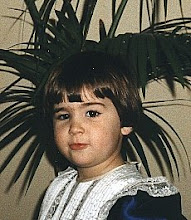Present perfect
[Has/have + past participle]
The present perfect tense is one of the more difficult English tenses to use well or even correctly. However, it is not as difficult as it is often made out to be, and many of the problems students have with it are the result of the inadequate explanations usually given in TEFL books. The explanation presented here aims to provide the student, or teacher, with a clear guide to when to use, and when not to use, the present perfect, in both the simple and continuous forms.
Examples:
• You have seen that movie many times.
• Have you seen that movie many times?
• You have not seen that movie many times.
Use (Time Before Now)
We use the Present Perfect to say that an action happened at an unspecified time before now. The exact time is not important. You CANNOT use the Present Perfect with specific time expressions such as: last week, when I lived in France, at that moment, that day, etc. We CAN use the Present Perfect with unspecific expressions such as: ever, never, many times, before, already, yet, etc.
Examples:
• I have seen that movie twenty times.
• I think I have met him once before.
http://esl.about.com/library/grammar/blpresperfect.htm
http://www.englishpage.com/verbpage/presentperfect.html
Exercises: http://www.blogger.com/www.colby.edu/~bknelson/exercises/pres_perf.html






.gif)

 Particles
Particles.gif)
.gif)
.gif)
.gif)








No comments:
Post a Comment